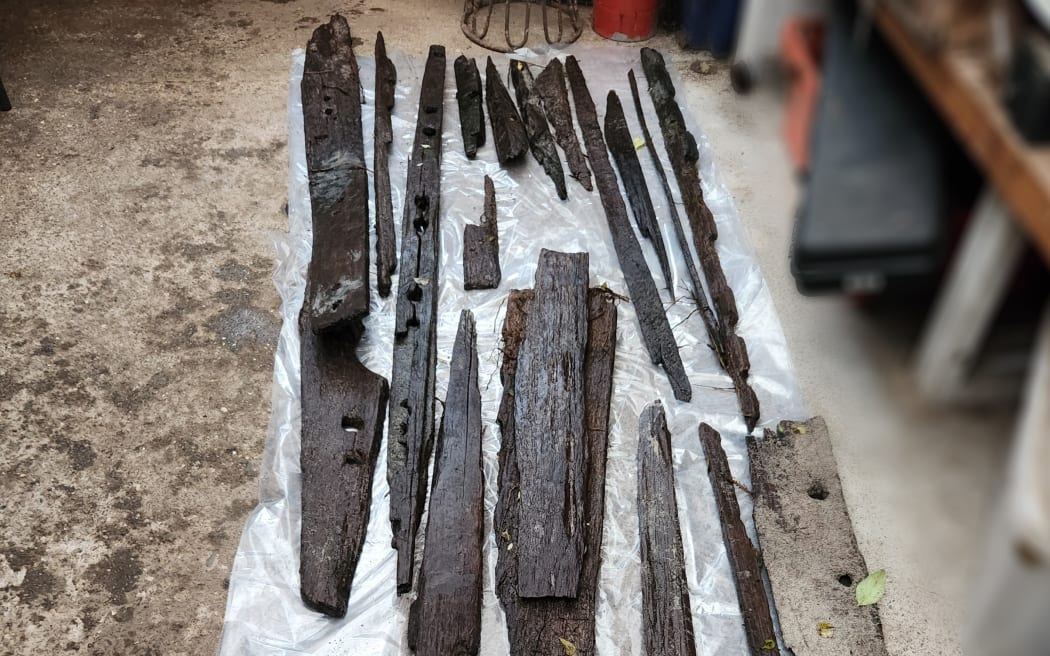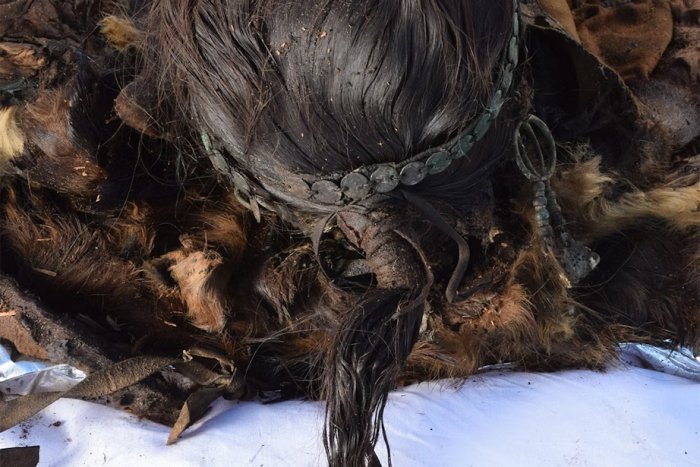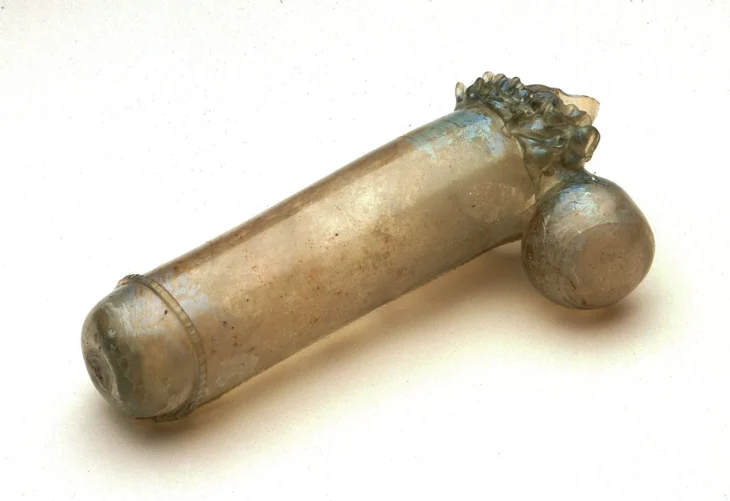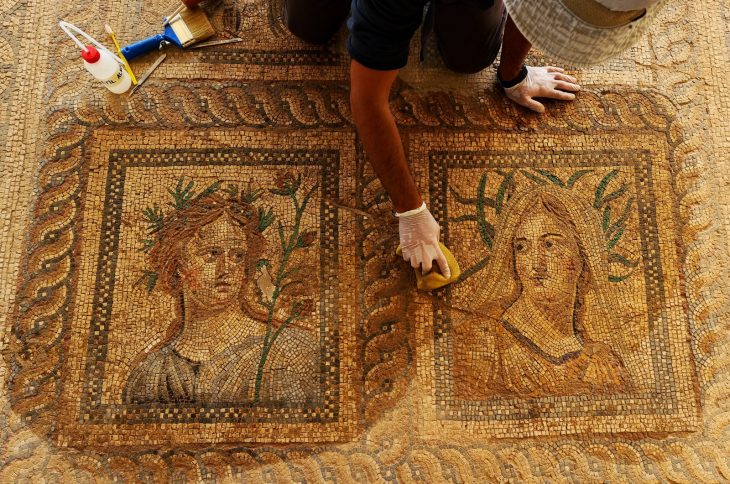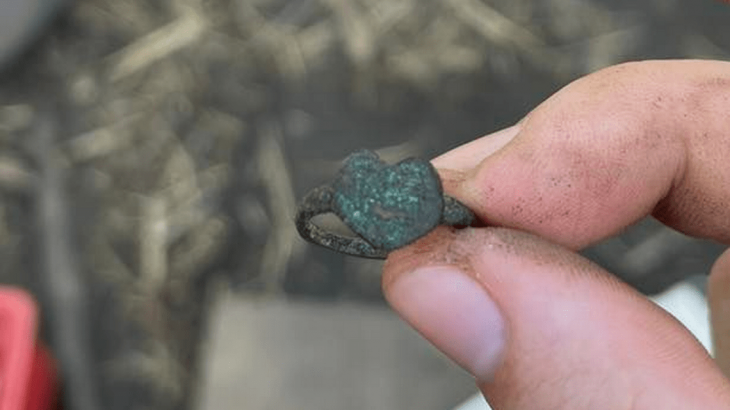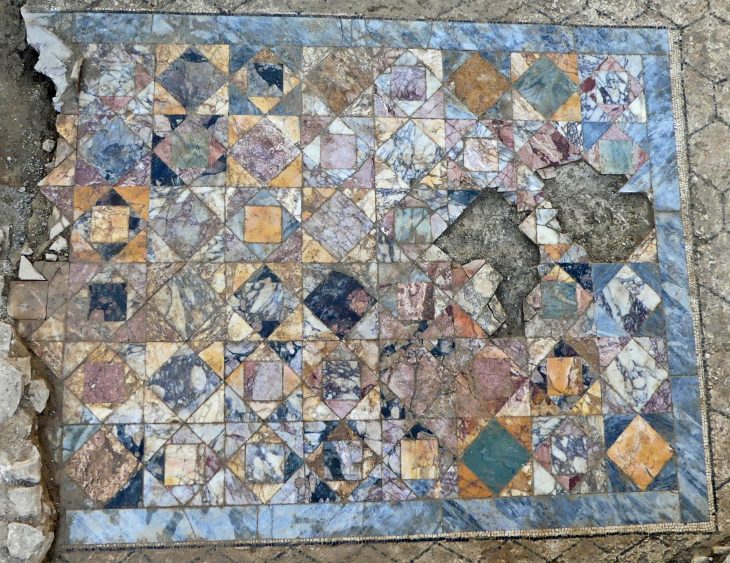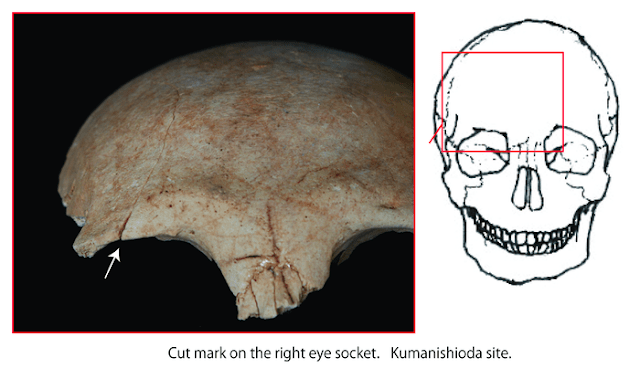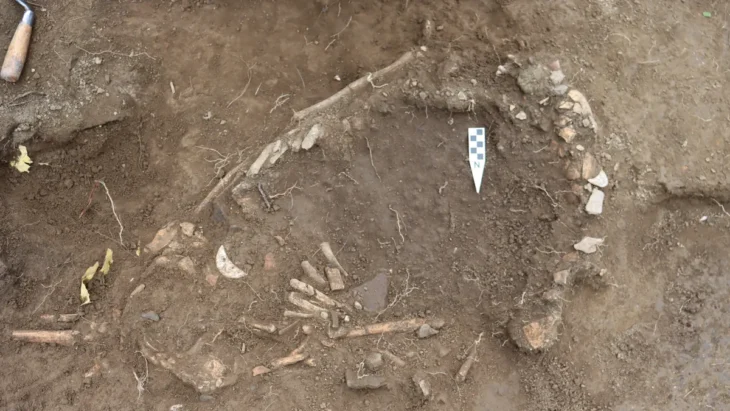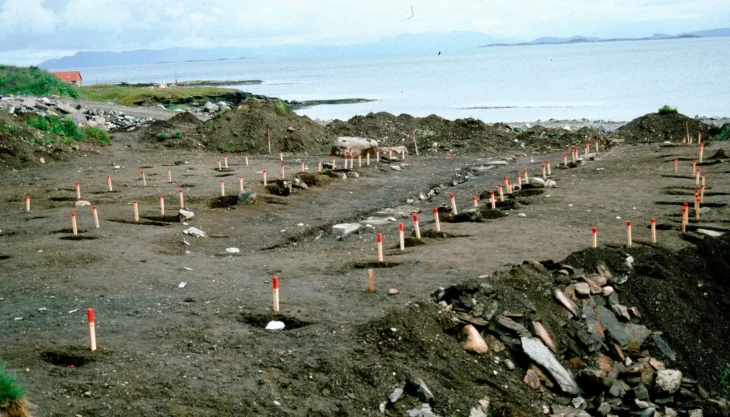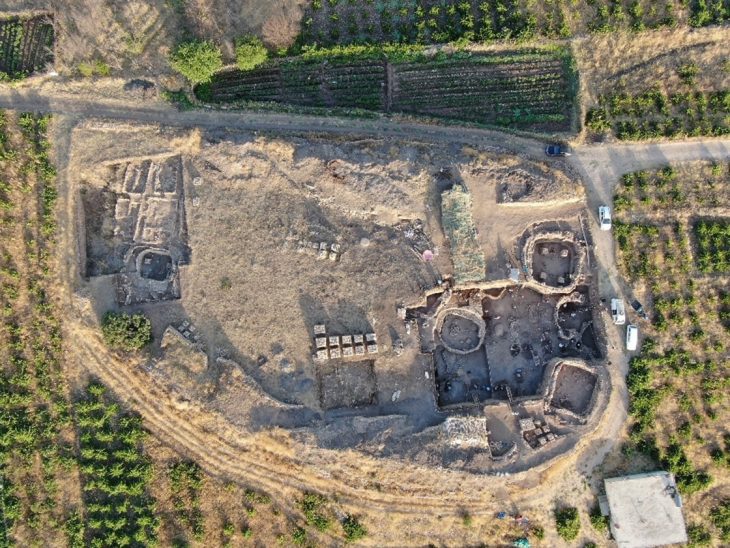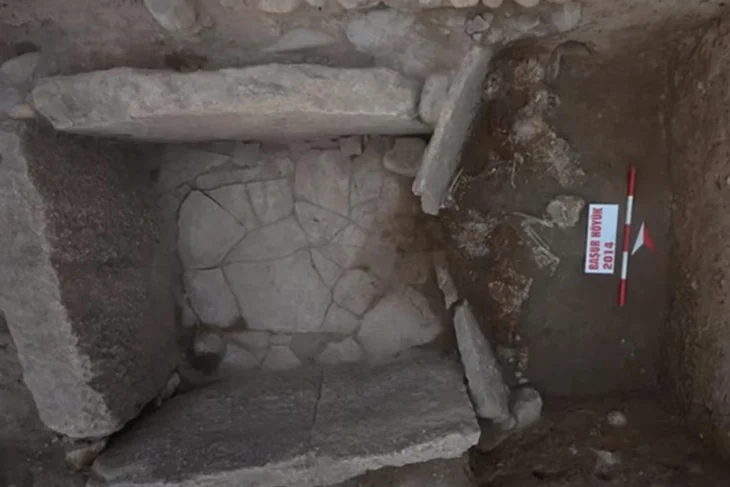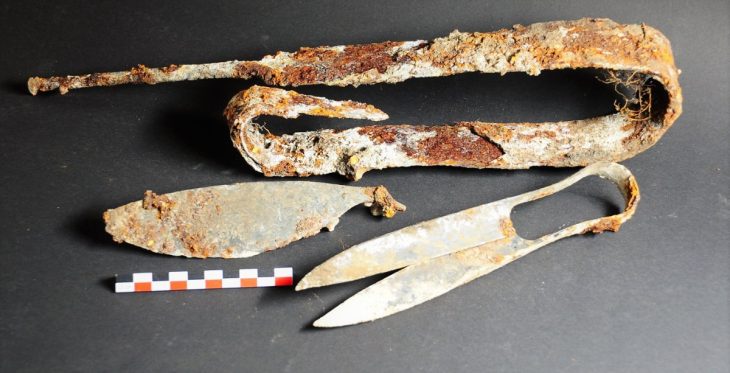What began as a routine search for wood by Vincent and Nikau Dix on Rēkohu (Chatham Islands) has led to one of New Zealand’s most significant archaeological discoveries, potentially reshaping our understanding of Polynesian history. The duo uncovered an ocean-voyaging waka, a find that has captivated the local community and experts alike.
A waka is a traditional Polynesian canoe, typically made of wood, designed for ocean voyages. These vessels are often equipped for sailing or paddling and play a significant role in Polynesian culture. Waka were used for transportation, fishing, and social and cultural activities, symbolizing the connection of communities to the sea and their spirit of exploration.
The first television footage of the discovery was aired by Te Ao With Moana, featuring reporter Hikurangi Kimiora Jackson and his crew interviewing the Dixes at the excavation site. The father and son initially thought the “strange-looking stick” they found last August was just an ordinary piece of timber. However, as they unearthed more of the object buried in the sand, they realized they had stumbled upon something extraordinary.
“This is all unusual timber; it’s all very well made and looked brand new to me because it was so well preserved,” Nikau Dix explained. “We took it all home, started putting it together, and that’s when we were like, hey, this is starting to form the shape of a boat.”
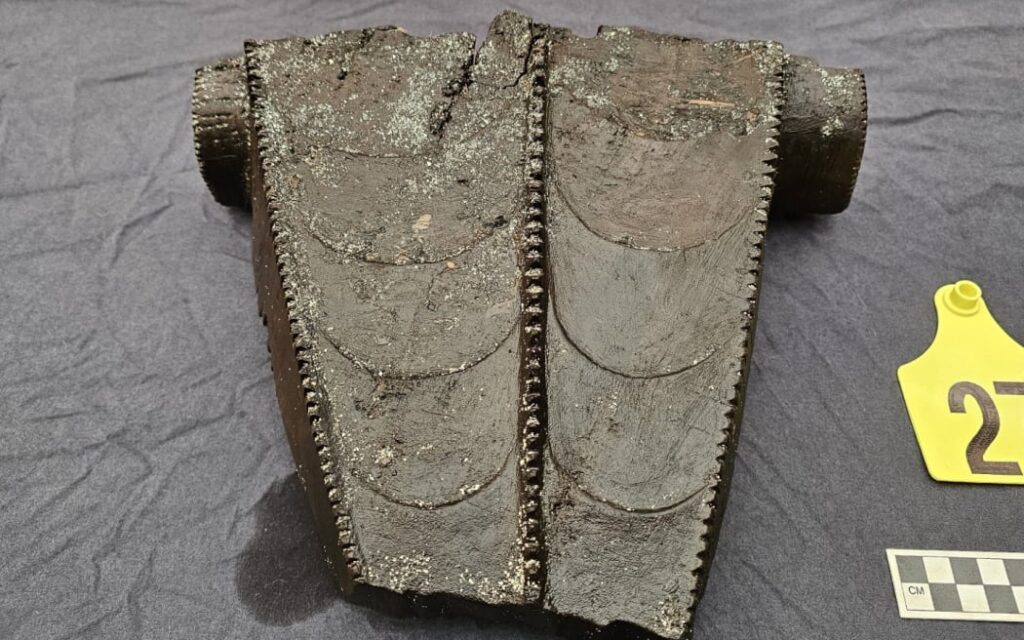
After a significant rain event, the Dixes returned to the beach and discovered the headpiece of the waka, confirming their suspicions that they had found a genuine artifact rather than a forgotten home project. Since then, their lives have turned to “chaos,” as the news has spread among the island’s 650 residents, igniting excitement and community involvement.
📣 Our WhatsApp channel is now LIVE! Stay up-to-date with the latest news and updates, just click here to follow us on WhatsApp and never miss a thing!!
Vincent Dix highlighted the transformative impact of the excavation project, noting that the enthusiasm among participants has been remarkable. To date, approximately 400 pieces have been unearthed, with the possibility of additional waka remnants still buried along the coastline. The discovery of unique carvings, engraved obsidian, and braided rope suggests that the waka may be of considerable age. Initial tests have connected small wood fragments to native Aotearoa trees, including pukatea, tōtara, and rimu.
Archaeologist Justin Maxwell, who is leading the project, expressed his astonishment at the findings, stating that no one has encountered a waka like this before. He described the discovery as one of the most significant in New Zealand and potentially in Polynesian archaeology, emphasizing that there is still much more to uncover. Maxwell noted, “There’s so much story to be told, and we haven’t even scratched the surface yet.”
As the excavation continues, conservationists are diligently working to protect and catalogue the precious taonga. Each piece is carefully washed, treated, and preserved, depending on its fragility. While scientists have their theories about the waka’s origins, local iwi and Moriori have their own perspectives. Cultural monitor Tom Lanauze, of Ngāti Mutunga and Moriori descent, believes the waka may be linked to historical accounts of Moriori vessels.
“I believe that it is a Moriori waka that is lying there, but as people say, let the waka tell its story,” Lanauze stated, referencing ancient Moriori writings about a waka called Rangihoua.
Maui Solomon, a prominent Indigenous rights activist and chairman of the Moriori Imi Settlement Trust, also emphasizes the significance of the find. As the excavation progresses, the community remains engaged, eager to learn more about the history and stories that the waka holds.
The discovery of the ocean waka represents a pivotal moment in New Zealand archaeology, shedding light on the rich maritime history and cultural heritage of the region. This remarkable find not only enhances our understanding of Polynesian seafaring traditions but also fosters a deeper connection to the ancestral narratives of the local iwi and Moriori. As research continues, the waka promises to unveil stories that have long been buried, making it a significant treasure for both the community and the broader field of archaeology.
Cover Image Credit: Some pieces of the waka have recovered from the site, with larger pieces expected to be uncovered. Credit: Manatū Taonga

